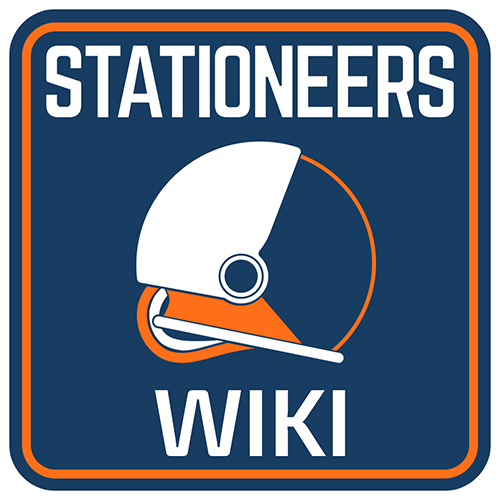TheNicestGuy/Science
From Unofficial Stationeers Wiki
Revision as of 12:20, 31 May 2020 by TheNicestGuy (talk | contribs)
Stationeers models many of the real universe's physical laws, to simulate the behavior of things like gases, electricity, and stationeers. This is a reference guide to the underlying physical science concepts, and to how Stationeers is faithful or unfaithful them.
Contents
Measurement
Stationeers measures all measurable properties using units standardized in the International System of Units ("SI"). This applies to the HUD and other visual displays, but it also applies to values used in logic circuitry, which is important to logic-based math.
Mass: "Can I Push That?"
Mass measures an amount of matter, in terms of its relationship to forces (e.g., gravity), inertia, and acceleration. Stationeers uses the SI unit gram (g) for mass.
Direct Measurement
Stationeers probably uses mass extensively behind the scenes, within the physics engine to calculate the movement of objects. In the player interface, however, only certain substances are given mass measurements:
- Ingots
- The input contents of crafting machines, and the ingredients of their recipes
- Reagent Mix
- The products of a Reagent Processor (except Soy Oil, which is measured by volume)
Implications
Ores are not measured by mass, but each unit of ore always produces one gram of product (not counting off-gas byproducts) when smelted.
The total count of the ore units output from a Centrifuge always equals the mass in grams of the mix put in. This is not faithful[verification needed], because all ores in the game explicitly include impurities. The implication is that the Centrifuge somehow reintroduces the original impurities, and in fact this can be exploited to create those impurities from nothing, if you find them useful.
Moles: "Will It Blend?"
Direct "amounts" of substance are not mass, but moles. Moles are closely related to mass, but they are uncommon outside of chemistry equations. Specifically,
